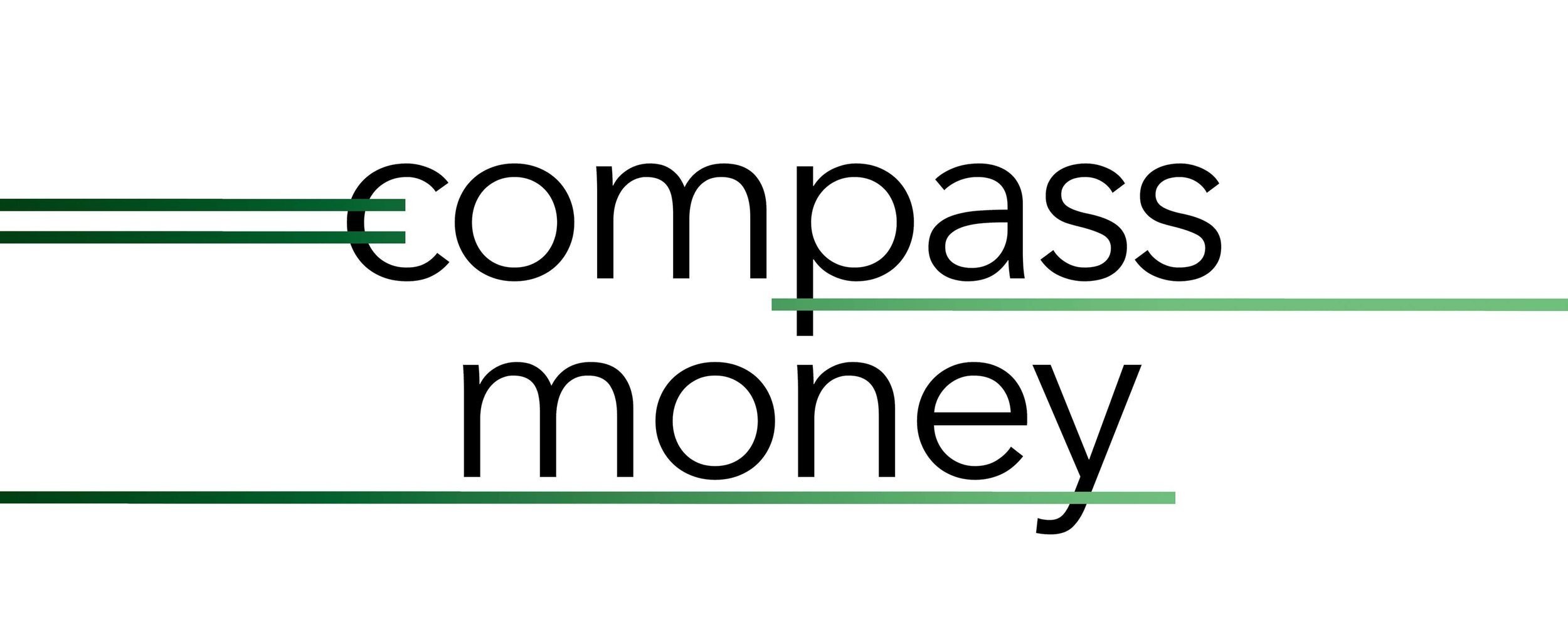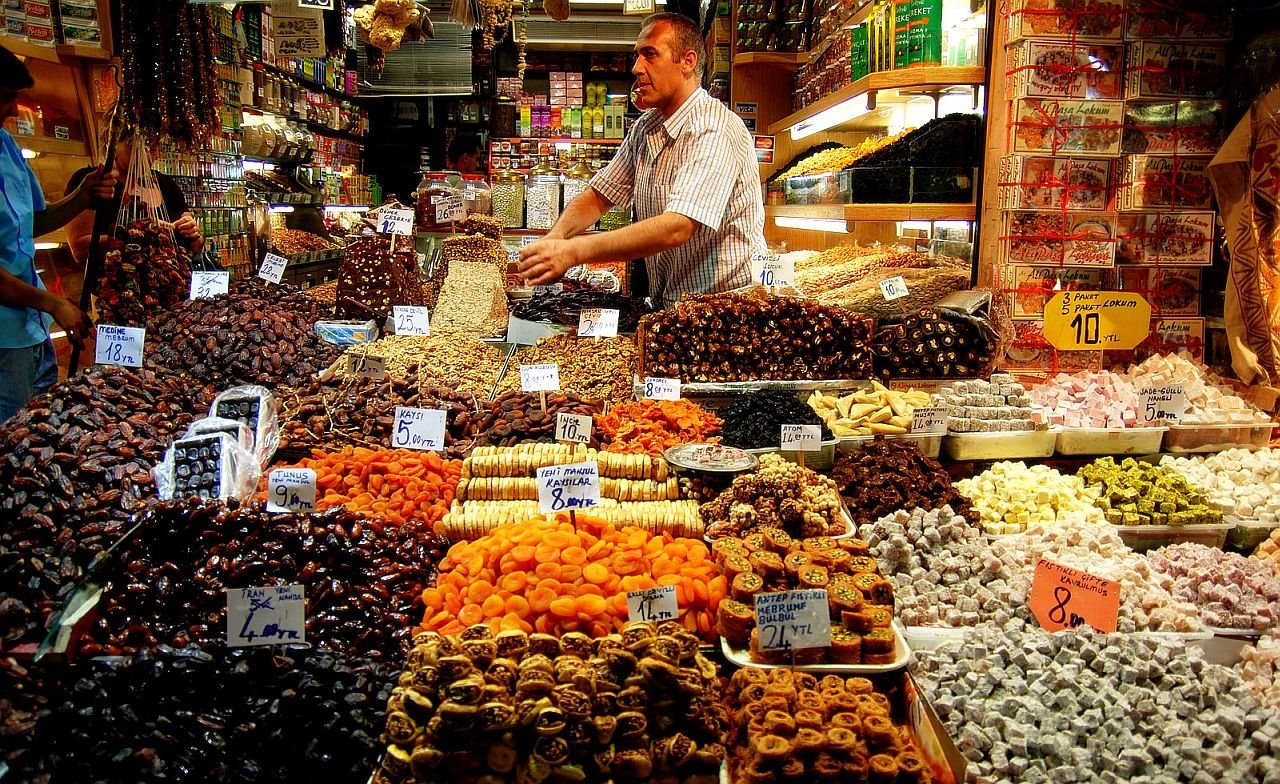Compass Money: Turkey’s Central Bank Lowers Interest Rates to Tackle Inflation
Turkish consumers are struggling to afford necessities like food as a result of rising inflation rates. (Wikimedia Commons)
In an attempt to curb rising inflation rates and prevent further devaluation of the lira, Turkey’s central bank decided to cut interest rates again on October 21. This is the most recent decision in a series of policy decisions made by the Turkish central bank designed to increase the lira’s value. The interest rate was previously 18 percent, but it was lowered by two percentage points, making it 16 percent.
This decision perplexed many economists, for it is widely believed that there is an inverse relationship between interest rates and inflation rates. Thus, a decrease in the interest rate, as seen here, would actually cause inflation rates to rise. The lira’s value had been decreasing for multiple weeks before this decision was made. A decrease in a currency’s value indicates that inflation rates are rising.
Thus, business leaders and economists hoped that the central bank, which is supposed to act independently of political whims, would increase interest rates. However, Turkish President Recep Tayyip Erdogan is a vocal critic of high interest rates. Lower interest rates increase investment, which is what Erdogan hopes to promote. Therefore, the slashing of interest rates is a signal to business leaders and economists that the central bank is not acting independently of executive power.
Additionally, the president has changed the chief of the central bank three times in the past two and a half years. He also removed three people from the central bank’s monetary policy committee, which decides interest rates, in October. Business leaders and economists suspect that the central bank’s governor, Sahap Kavcioglu, steered the bank towards cutting interest rates out of fear that he, too, would be removed from his position.
The monetary policy committee has argued that the inflation the country is experiencing is only temporary. They said that the COVID-19 pandemic caused a breakdown in the global supply chain. As a result, the supply of food and imports has decreased, causing the prices to increase. Though the COVID-19 pandemic has negatively affected Turkey’s economy, economic analysts say cutting the interest rate will do the opposite of helping the economy recover.
On the ground, rising inflation rates mean that consumers are struggling to buy necessities like food. People who sell produce at bazaars have seen inflation play out in recent weeks. Producers have been selling goods at higher prices, so consumers have been asking for smaller amounts of goods than usual. Consumers are also primarily buying goods they need instead of indulging in goods like sweets.
In a rare move, executives of leading corporations have formed a united front, criticizing Erdogan for his influence over the central bank and advocating for higher interest rates.


